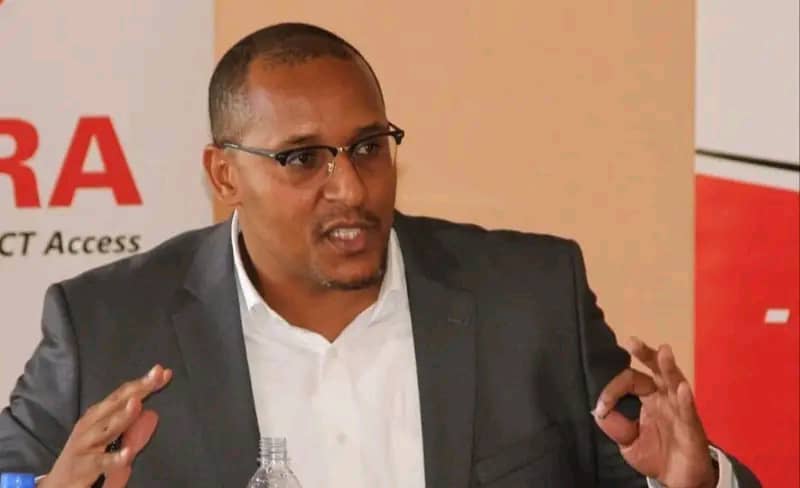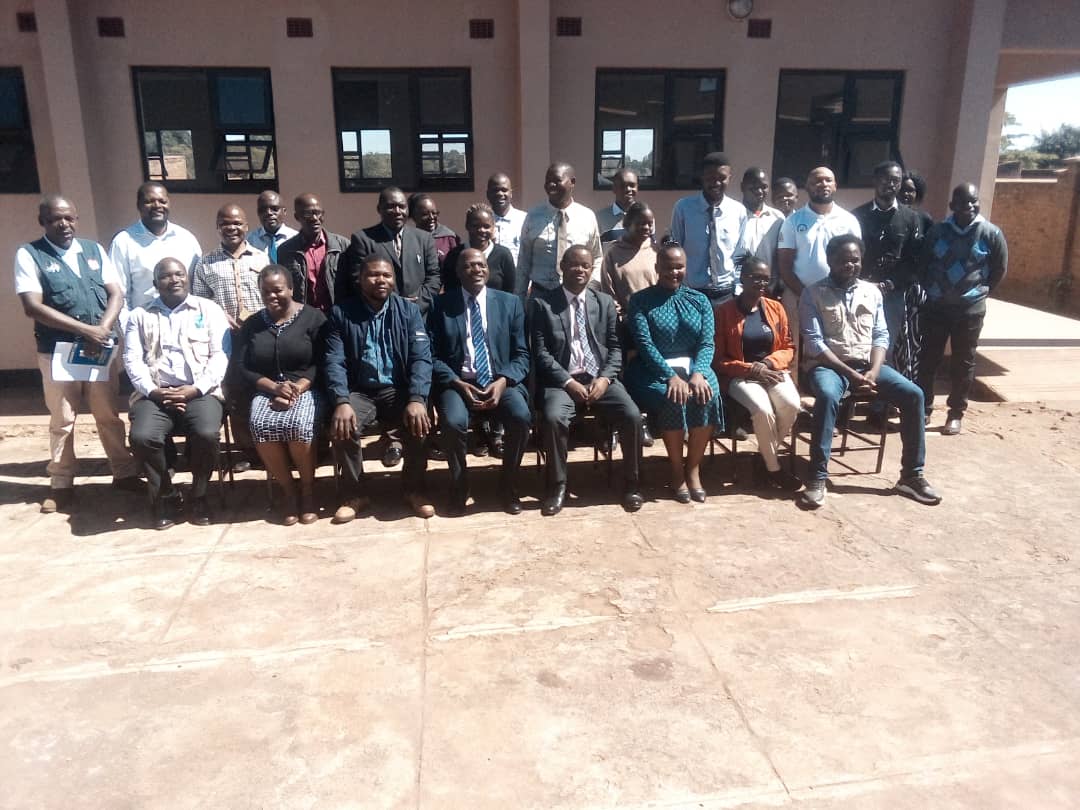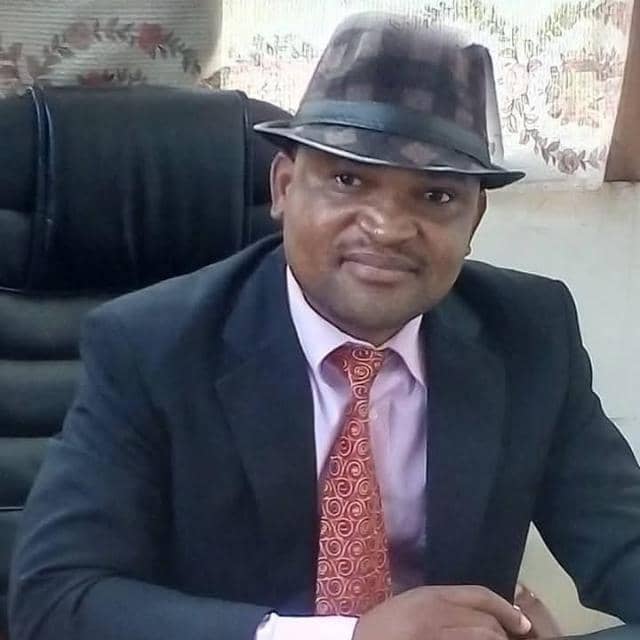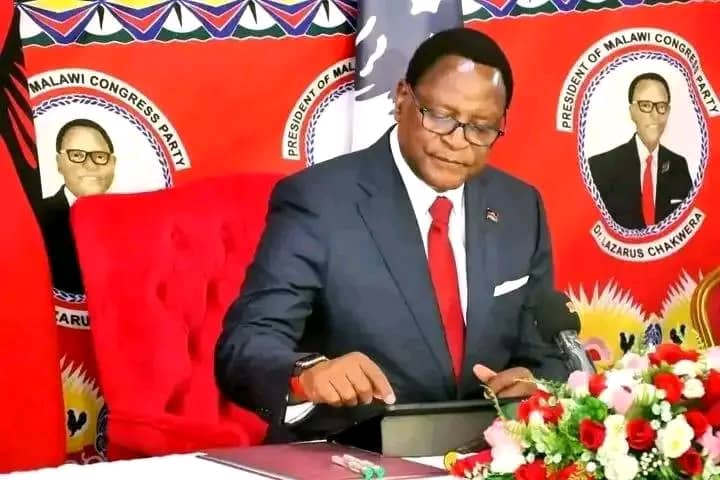By Burnett Munthali
While many Malawians are facing severe hunger, fuel shortages, and a healthcare system struggling to provide essential medicines, the government has chosen to spend a staggering 5 billion Kwacha to deal with Bakili Muluzi TV and its associates. This decision has sparked outrage as the country grapples with its most pressing issues.
According to reports, the government, through the Malawi Communications Regulatory Authority (MACRA), has allocated 5 billion Kwacha to a company from Ghana, HASHCOM, in a bid to suppress the operations of Bakili Muluzi TV and its growing influence. The funds, instead of being directed towards essential sectors like healthcare, education, or food security, are being used for a project aimed at controlling media platforms and their freedom of speech.
This move raises significant concerns among the Malawian population, who are already suffering from economic hardships. With hospitals unable to provide life-saving medicines, widespread hunger, and daily struggles to access basic necessities, the government’s focus on targeting media outlets seems misplaced and out of touch with the needs of its citizens.
Bakili Muluzi TV, which has been an influential voice in the country, has often raised important issues about government corruption and mismanagement. The platform has garnered a significant following, giving it the power to influence public opinion. It seems the government, rather than addressing the public’s genuine concerns, has opted to silence these voices by diverting funds to target those who speak out against its leadership.
Critics argue that the government’s focus should be on addressing the daily struggles of its citizens—hunger, the fuel crisis, the lack of medicines, and poor healthcare services. The idea of spending millions to undermine a media outlet is seen as a distraction from the real issues at hand. Many wonder why such a large sum is being spent on an initiative that does not directly benefit the people of Malawi. The move also raises questions about the allocation of public funds, especially when they could be better spent improving the welfare of the nation.
The fact that the government chose to work with a foreign company, HASHCOM, from Ghana has raised even more eyebrows. Critics argue that the money should have been invested in local solutions, supporting homegrown businesses and initiatives that could better address the country’s issues.
As this controversy unfolds, the government must reconsider its priorities. Rather than focusing on controlling the media, it should redirect its resources towards tackling the pressing problems that have plagued the country for years. The people of Malawi deserve better—access to affordable healthcare, food security, and a functional public sector.
In conclusion, spending 5 billion Kwacha on silencing media outlets like Bakili Muluzi TV in a time of national crisis is a controversial and dangerous move. It undermines the principles of democracy, freedom of speech, and accountability. The Malawian government must realign its priorities and focus on the issues that truly matter to the people. The country’s future depends on it.




